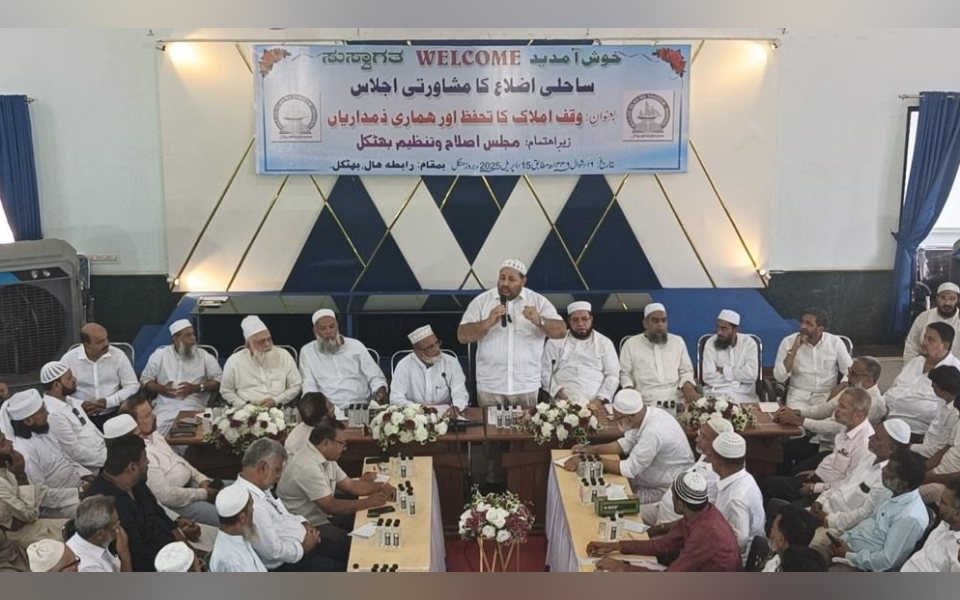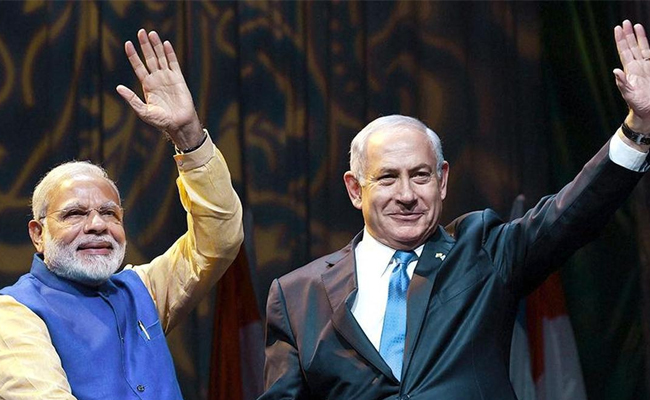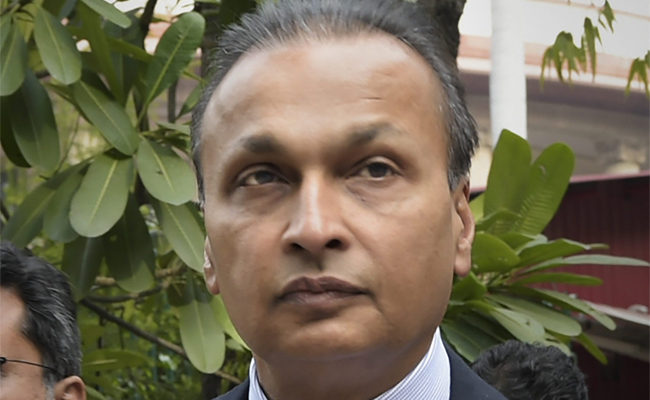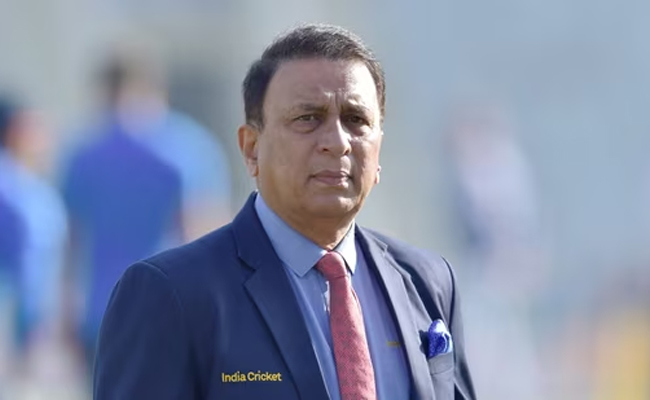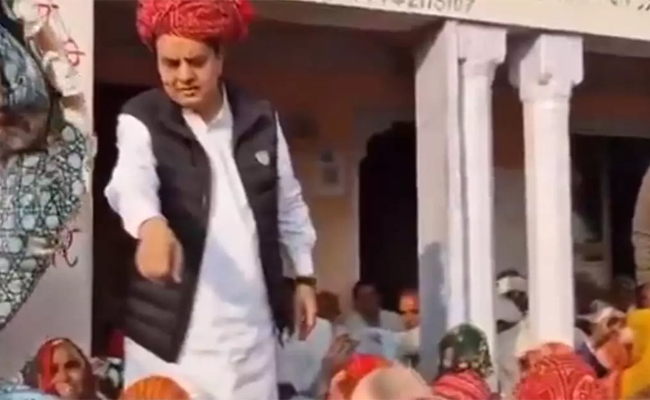Bhatkal, April 15: Leaders and representatives from Muslim organizations across Karnataka’s coastal districts and parts of Goa gathered at Rabita Hall in Bhatkal on Tuesday to express collective opposition to the Waqf (Amendment) Act passed by the central government. The meeting was organized by Majlis-e-Islah wa Tanzeem, a prominent community organization in Bhatkal, and brought together voices from Uttara Kannada, Udupi, Dakshina Kannada, and neighbouring regions.
Participants at the convention described the new law as a direct attack on the autonomy of Waqf institutions and accused the government of interfering in Muslim religious matters. They warned that the changes could weaken the management of properties meant for community welfare and religious purposes.
A resolution adopted at the meeting called for protest demonstrations to be held on Friday, April 18, across Uttara Kannada district after Friday prayers. Protesters will hand over memorandums addressed to the President and Prime Minister through local authorities. Community leaders also announced that an awareness campaign would be launched to educate people on how the new amendments could impact Waqf properties and institutions.
Speakers at the meeting emphasized the importance of unity within the community and urged collaboration with secular-minded individuals from other faiths, noting the success of past movements such as the anti-CAA protests.
Advocate M.K. Maitri, a senior lawyer from Bengaluru, presented an overview of the legal implications of the Waqf amendment, cautioning that it could give the government more control over Waqf institutions. Maulana Ilyas Jakati Nadvi, a member of the All India Muslim Personal Law Board (AIMPLB), opened the session by explaining the Board’s stance and ongoing national campaign against the law.
The event was chaired by Inayatullah Shabandri, President of Majlis-e-Islah wa Tanzeem. Several notable community leaders were present, including Atiqur Rahman Muniri of Rabita Society, Abdul Raqeeb MJ Nadvi of Tanzeem, and political figures like Ashraf Beary and former MLA Mohiuddin Bava. Delegates from Mangaluru, Udupi, Karwar, Sirsi, Murdeshwar, Honnavar, and Goa were also in attendance.
The gathering appreciated Tanzeem’s efforts to bring leaders together and proposed setting up a regional coordination body to continue raising concerns over the Waqf law and other issues affecting the Muslim community.
The speakers reiterated that the protests would be peaceful and lawful and urged community members to participate in large numbers to ensure their voices are heard.
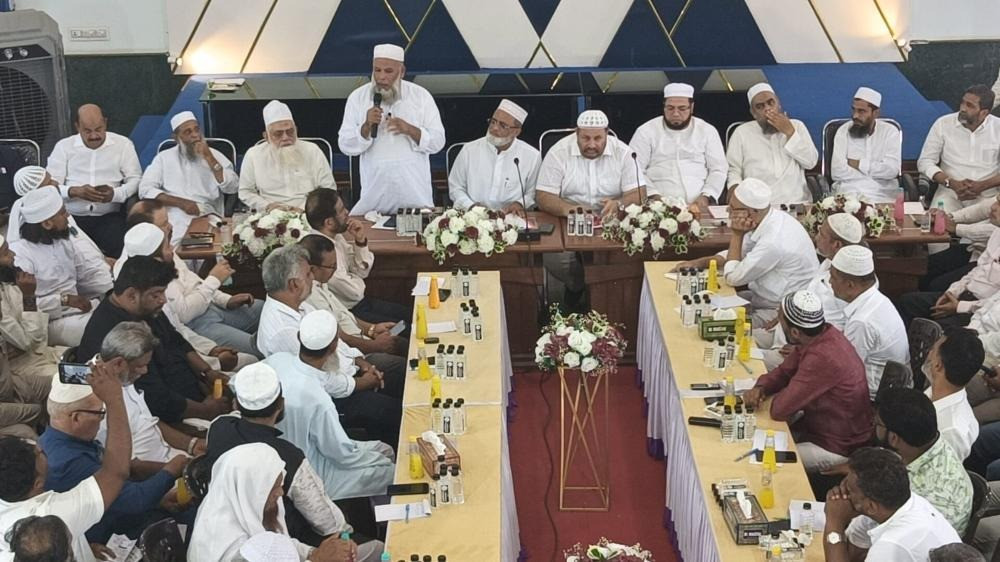
Let the Truth be known. If you read VB and like VB, please be a VB Supporter and Help us deliver the Truth to one and all.
New Delhi (PTI): Prime Minister Narendra Modi on Sunday said he was looking forward to his upcoming visit to Israel.
The prime minister said this on X in response to Israel's Prime Minister Benjamin Netanyahu's comment that Modi will visit Israel on Wednesday.
"Thank you, my friend, Prime Minister Netanyahu. I fully agree with you on the bond between India and Israel as well as the diverse nature of our bilateral relations. India deeply values the enduring friendship with Israel, built on trust, innovation and a shared commitment to peace and progress.
"Looking forward to our discussions during my upcoming Israel visit," he said.
In a post on X on Sunday morning, Netanyahu spoke about the historic visit of "my dear friend", Prime Minister Modi, to Israel on Wednesday.
He said the bond between Israel and India is a powerful alliance between two global leaders.
"We are partners in innovation, security, and a shared strategic vision. Together, we are building an axis of nations committed to stability and progress," he said.
Netanyahu said that from artificial intelligence to regional cooperation, the partnership between India and Israel continues to reach new heights.
"Looking forward to seeing you in Jerusalem, PM Modi!" he said.

